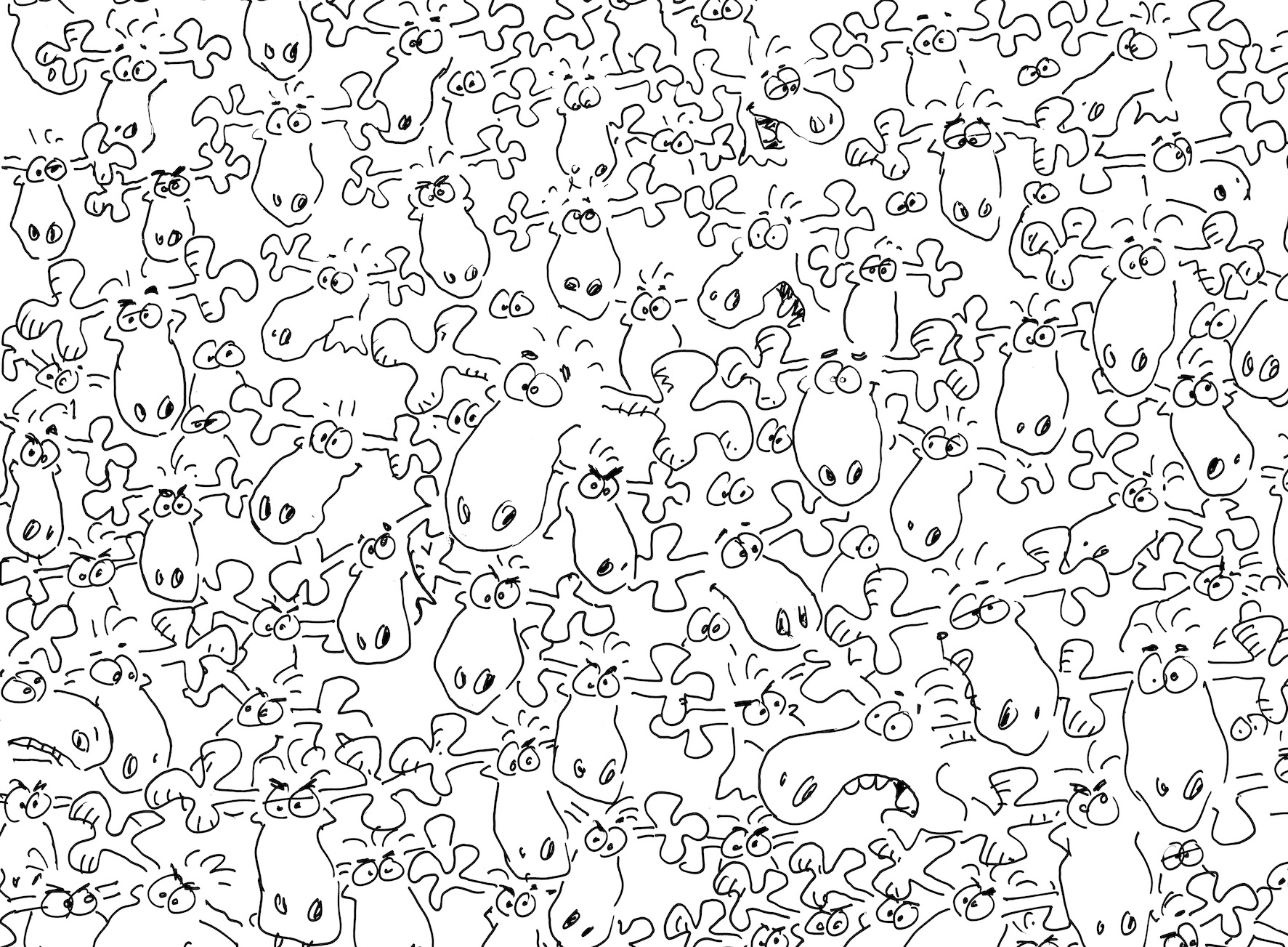Matt Kindt has been making stories about spies since the beginning of his career - but he's found a new take this time.
Spy Superb has a title that echoes his early success Super Spy (and its loose Lost Dossiers follow-up), and that is definitely intentional - but Kindt is substantially less serious this time out than he was in his previous stories of spycraft.
This, instead, is a take on the James Bond idea: the suave, omnicompetent operative who can go anywhere, do anything, and always wins out for his side. (Which is, as it must be, our side, the side of freedom and democracy and English-speaking peoples.) Like so many other people doing James Bond takes over the past few decades - most obviously Austin Powers - Kindt makes that idea an obvious fake: no human being could actually do that, so what's the real story?
In Kindt's version - and this is explained in the first pages; no major spoilers here - the "spy superb" was constructed from the beginning in WWII as the perfect operative, by the fictional Half-Huit organization (co-run by the US OSS and their French equivalent). There was an original Spy Superb, but he died, stupidly, in his first mission, an immediate failure.
No matter: the organization realized they didn't need a Spy Superb: they needed the idea of a Spy Superb, and a series of patsies to do the actual work - each one handled by career spies, generally given one small task to do, usually not even aware they were doing spycraft, and often liquidated afterward for maximum secrecy. Then all of the successes of Half-Huit would be attributed to their immortal, unstoppable premier agent.
Fast forward several decades. The most recent Spy Superb has been killed by someone unknown. And a disk he had, containing details of all the previous Spies Superb and other damaging details of the program, is on the loose. So all of those other spy agencies could learn the secret: it was all a trick.
To respond, the masters of Half-Huit activate the most delusional patsy possible: Jay, a wannabe novelist who is the guy on the cover. And their adversaries, sensing something big, send their best operatives: a Russian codenamed "Roche Chambeaux" and a Chinese woman who turns out to be a double (triple? quadruple?) agent, to kill what they still assume is a deadly super-agent.
Jay, of course, believes he is the best at whatever he does: he's the kind of guy who mansplains absolutely anything at the drop of a hat, even though (no: entirely because) he knows nothing about it. He wanders through assassination attempts and globe-hopping adventure, surviving due to luck and his unassailable belief that he's actually good at all these things.
There's a good fight scene early where Jay accidentally kills three highly-trained Russian agents in his kitchen, just by trying to talk to them. After that, the random luck quiets down: I would have liked to see more of that, more of the clearly ludicrous silliness. Kindt instead mostly plays the action scenes straight, having Jay accompanied by a competent agent who wants him alive for most of the rest of the book, and so Jay mostly survives because of someone else's ability rather than his own stupid incompetence.
That's my overall take on Spy Superb: it's fun, but doesn't go quite as big or silly as it could. Jay is an idiot: that's very clear. But we only see his idiocy save him once or twice - it could have been a lot funnier if it happened more often, more obviously, more blatantly.
There's no reason there can't be a sequel, though: even if Kindt doesn't want to use Jay again, the concept means there will always be more Spies Superb, someone else even dumber and less connected to reality. And what we have here is funny - and having it in the same scratchy, rough art style that Kindt uses for his serious spy stories makes it that much funnier.




















 English (US) ·
English (US) ·